Meet UK/EU food hygiene training requirements with a Level 2 Food Hygiene for Retail certificate. The RoSPA Assured online training has been tailored for those working in retail spaces such as grocery stores, bakeries, farm shops and more. Learn how food becomes contaminated, your personal and legal responsibilities and more with this Virtual College course.

Course Overview
Format
- Level 2
- 2-3 Hours
- Online Study
Accreditation
- 2-3 CPD Hours
- Meets UK / EU Food Handlers Training Requirements
- RoSPA Assured
Course description
Anyone who works in retail where food is involved needs to be aware of the latest food hygiene standards in relation to their role.
This course provides a basic understanding of food safety and hygiene as it relates to the retail sector, covering issues such as displays for sale and hot display units, along with storage and preparing food for retail.
Our popular Level 2 Food Safety and Hygiene for Retail course has been re-designed and includes all the latest legislation, information and up-to-date guidance.
We also offer Level 2 Food Hygiene for: Manufacturing | Drinks Manufacturers | Catering.
If you are a Supervisor, Manager, Business Owner or Team Leader working with or handling food we would recommend you complete our RoSPA Assured Level 3 Food Safety and Hygiene for Supervisors course.
This Level 2 Food Safety & Hygiene Certificate for Retail course is suitable for any food handler working in a retail environment, for example supermarkets, small and large grocery stores, butchery, bakery, fish and farm shops, market stalls and delicatessens.
This RoSPA Assured Level 2 Food Hygiene and Safety for Retail course is designed to provide an individual or an organisation with the very latest food safety and hygiene training.
We are delighted to announce that our popular Level 2 Food Safety and Hygiene for Retail course has been re-designed. Not only does it have a design that is modern and meets accessibility standards, but it has also been restructured to create a journey that better fits your needs.
We understand that learners need learning that is flexible, that they can dip in and out of as they require, and that can easily fit into their schedule, and so we have broken down our course into bite-sized chunks, which will allow you to tailor your training more easily to your needs.
The food safety retail material is provided in an interactive format that is designed to be engaging and accessible. A basic knowledge of food hygiene will mean learners progress quickly, but the course is designed for anyone working in the service or hospitality sectors and should be suitable for any staff member to give them the knowledge needed to work effectively and safely.
What is covered in this Level 2 Food Hygiene for Retail course?
Our Level 2 Food Hygiene for Retail online training course has been designed for anyone working with or handling food in a retail setting to meet the latest requirements and guidance.
| Module | What it includes |
| The Importance of Food Safety and Hygiene | Why food safety and hygiene is important for any business working with food. This section also looks at contamination, food spoilage and the affects of them as well as the terms prevention and control and why they are important when it comes to food hygiene in a retail setting. |
| Understanding Food Law | The understanding food law section looks at who enforces the law, the powers of Environmental Health Practitioners, how laws relate to food hygiene, how to monitor your temperature controls and appropriate personal hygiene and training. It also includes information on the management of food safety, hygienic practices, fines and penalties, defences and record keeping. |
| Understanding HACCP | HACCP is vital in food hygiene and here it explains what it means, what it is, the HACCP process and the seven HACCP principles. |
| The Importance of Personal Hygiene | Personal hygiene is particularly crucial to food safety in a retail setting around customers and this module looks at personal reponsibility, hand washing techniques, other aspects of personal hygiene such as protective clothing, clothes, appearance and habits. Illness can also be transmitted via food, first aid and accurate reporting of illness and injury is important. |
| The Importance of Design and Premises Layout | This module looks at the part premises and equipment design plays in food hygiene, how to maintain clean work areas and how to deter pests from visiting your premises by following good housekeeping. Having a good layout in your retail premises is not only good for business but it is vital for safety and compliance too. |
| The Importance of Cleaning | Understand why cleaning is important in a food handling environment, know how chemicals are used in the cleaning process, define the six steps for effective cleaning and know how to monitor and assess cleaning. Having a clean retail premises will also create a good impression with your customers. |
| The Importance of Pest Control and Waste Management | Effective pest control and good waste management systems contribute to a hygienic workplace and this module ensures you understand how to prevent pests from becoming a problem and how to manage internal and external waste safely and hygienically. |
| Understanding Allergens | This module includes details on the 14 main food allergens, why they should be taken seriously, what to do when working with allergies and what food intolerance is and the symptoms of it. |
| Understanding Food-Borne Illnesses | Foodborne illness can occur when food becomes contaminated, this module looks at the most common causes of foodborne illness and the effects of it, the incubation period, breeding bacteria, vulnerable groups and carriers. |
| Understanding Food Safety Hazards and Contamination | Everyone who handles food in a retail setting needs to be aware of food safety hazards to keep hygienic and prevent food from becoming contaminated, this module includes the main food safety hazards and how to control bacteria. |
| Understanding Bacterial Growth and Temperature Control | Bacteria can cause food contamination and this section of the course includes details on what bacteria is, bacterial growth and what affects the growth, bacterial spores, bacterial toxins, destroying microorganisms, temperature control, cross-contamination / cross-contact and how to avoid it. |
| Applying Food Safety | Making food safe and last longer is great for business particularly in retail settings, this module covers the methods the food industry can use to preserve food and how storage and temperature control safeguard fresh food and keep it safe. |
Level 2 Food Safety and Hygiene for Retail Certificate
At the end of this course, you will need to complete a test that consists of 30 multiple choice questions. Learners are required to achieve a 75% pass mark, and – if necessary – may attempt the test three times at no extra cost. If learners do not achieve the 75% pass mark, further attempts may be given by contacting our support team.
Upon completing the food hygiene course, learners will be able to download a digital food hygiene certificate from Virtual College. If you have bought the posted food hygiene certificate option, a high quality, seal embossed, certificate will be sent out the following working week after completion.
This certification is universally recognised and can be used to provide evidence of food hygiene and safety training both internally and to external auditors.
There is no set time for how long a certificate is valid for, but the accepted industry standard is for food hygiene certificates to be renewed every three years. However, some employers may require you to renew your certification more frequently than this.
This online food hygiene course is not a formal RQF food safety & hygiene qualification, the levels only indicate the type of food and hygiene course so that businesses can choose whom it is suitable for.
You will learn
- Why food hygiene and safety is important
- Personal and legal responsibilities
- The impact of food-borne illness
- How food becomes contaminated
Who is it for?
Roles including:
- Anyone working in a retail environment which can include supermarkets, small and large food shops, wholesalers and markets
Legislation
Legislation covered in this course includes:
As a business owner or food handler, you have a duty to comply with the provisions of Regulation (EC) 852/2004 of the European Parliament on the Hygiene of Foodstuffs, the Food Safety Act 1990, and Food Hygiene (England) Regulations 2005. This requires food businesses to ensure that any staff working with food in a retail environment are supervised, instructed and trained in food hygiene and food safety in a way that is appropriate to the work they do.

